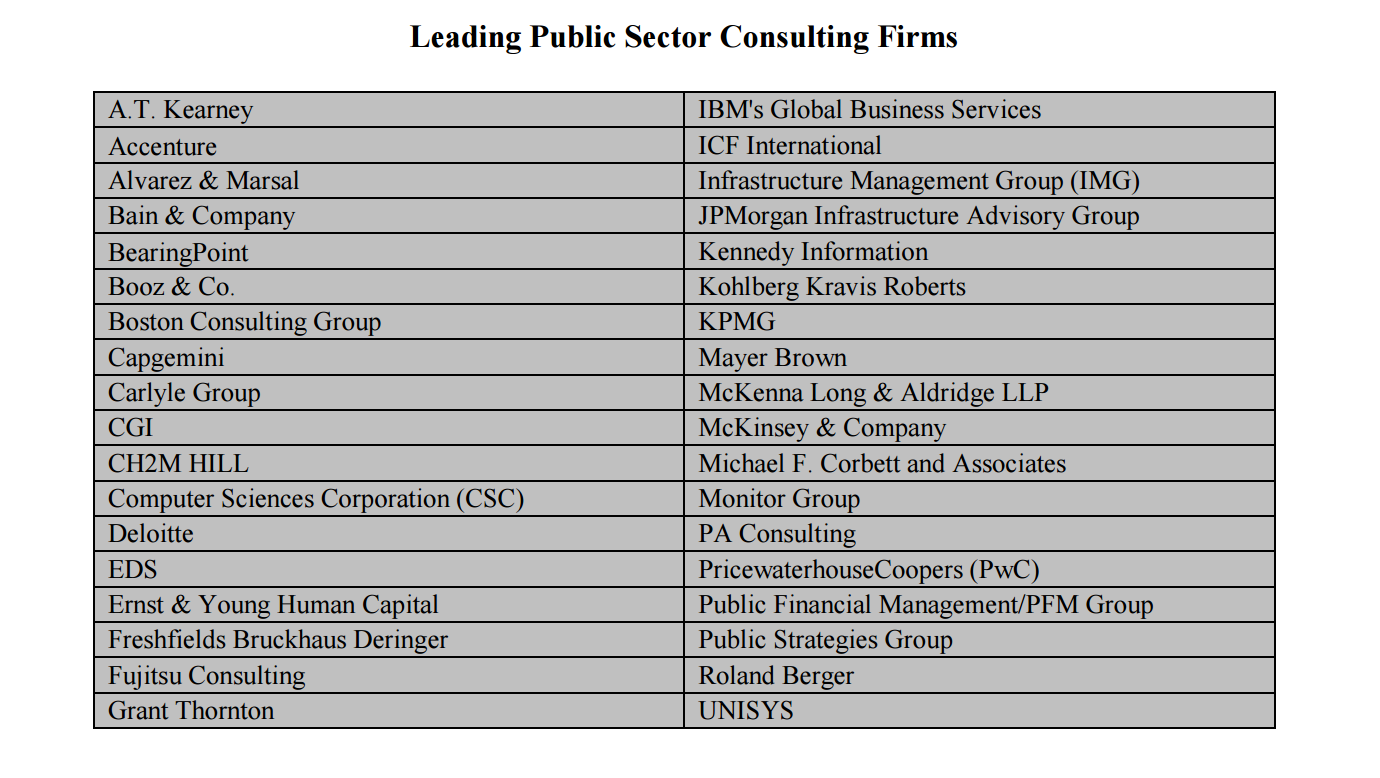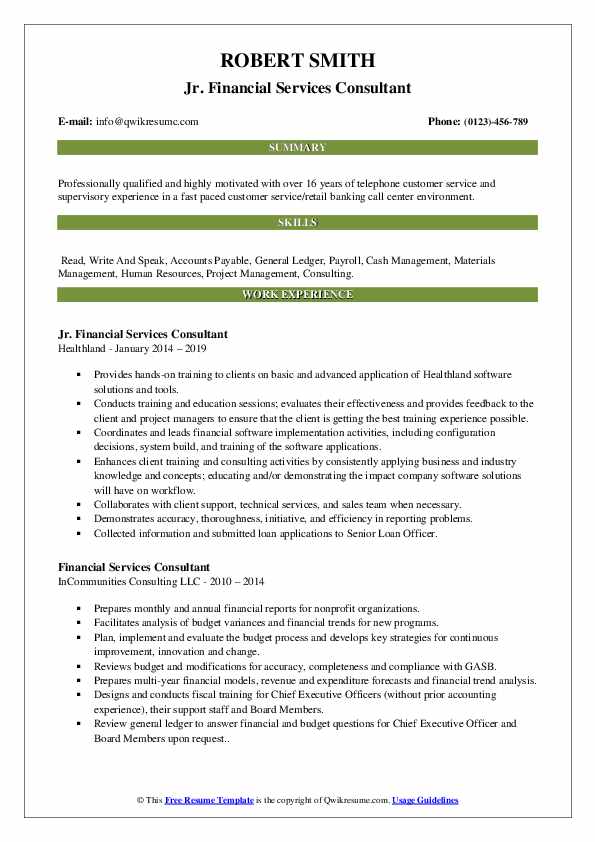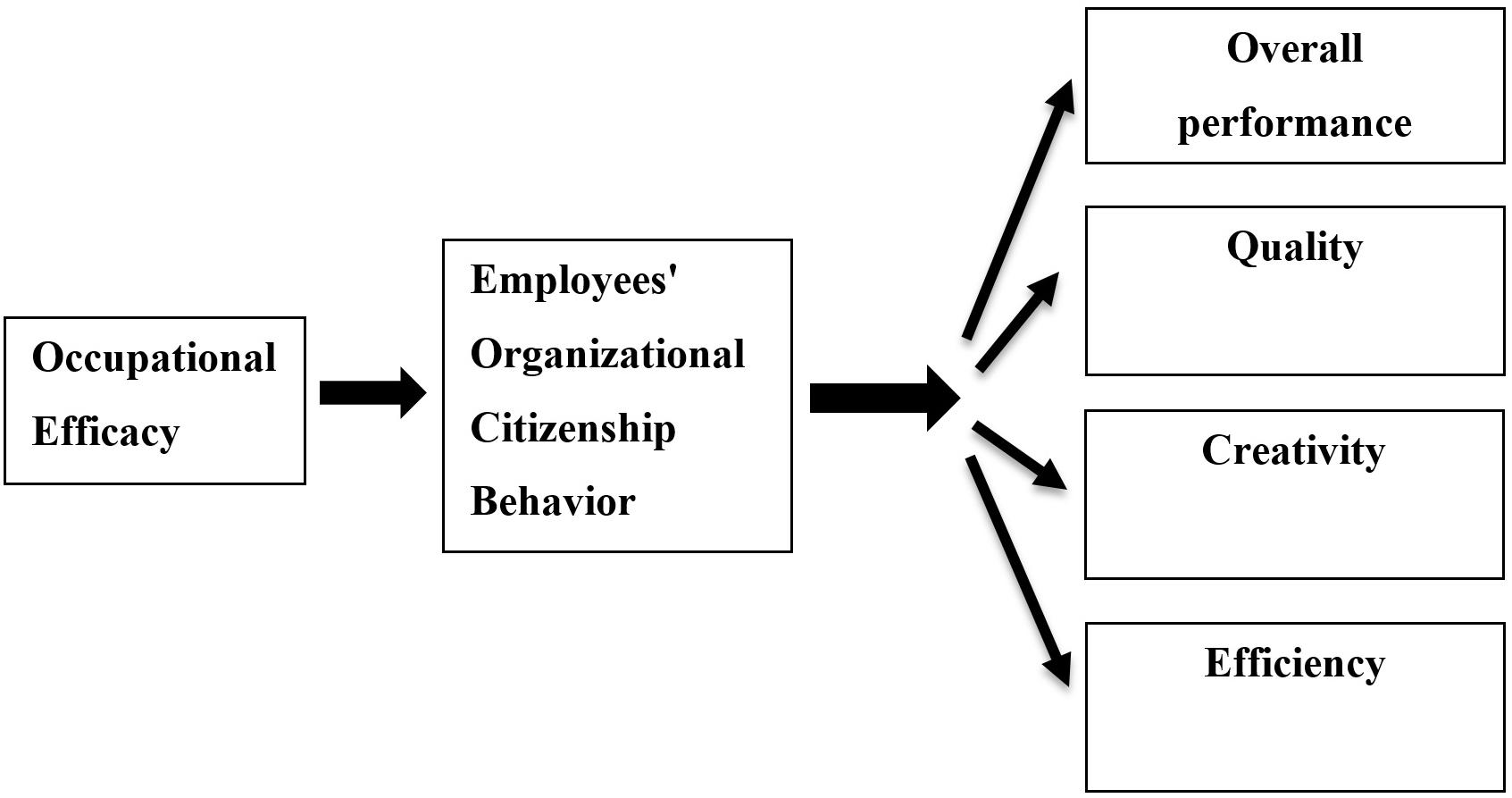
If you love higher education and have the passion to become a consultant, this is an option. What are the advantages of being a consultant? What are the skills required to be successful in this role? What are the skills required to succeed as a higher education consultant? These are some suggestions. Find out more about the salary range.
Working with a consultant in higher education is a great way to reap the benefits
An institution can greatly benefit from higher education consultants. This can help students get accepted and make the process easier. Finding a good consultant can be difficult. Here are some tips for finding a good consultant. A consultant who is a good fit for you will have the necessary experience and resources.
First, ensure that you choose an educational advisor who is a member or a former member of a professional organization. These consultants are focused on providing students with quality service. They will take the time to get to know the student and their academic backgrounds. It is essential to find a mentor who supports the student's goals.

Higher education consultants can be independent or work for private organizations. Private organizations often work with educational consultants to develop educational products.
Required skills
An education consultant should be able to use analytical skills and must have curiosity. He should be able plan and problem solve. He must also be able to spot innovative solutions to problems. He should have experience working with teachers and students. He should have experience in higher education.
Higher education consultants are responsible for advising higher education institutions on issues that affect higher educational. He can offer advice on topics including student success, diversity enrollment management campus planning and strategic plan. He or she can also assist schools in leadership development. Higher education consultants should have an excellent grasp of education issues and communicate well.
Education is constantly changing and evolving, which presents new challenges to students, their families and academic institutions. Educational institutions are increasingly competitive because they have to compete with more affordable tuition, lower enrollment rates, as well as a globalized economy. This has led to a greater demand for qualified education consultants.

Salary range
Higher education consultants can earn a wide range of salaries. The average annual salary for education consultants is between $52,801-$69,316. Consultants with the highest salaries can earn more then $95,000 per year. Based on years of experience and where you work, your salary will vary.
Education consultants should have at minimum a master's in education. Many have also gone on to obtain doctoral degrees. It is possible to use your dissertation thesis as a basis for a consulting business. These papers can be used to present new research or ideas for a doctoral advisory committee. This reputation must be maintained by a consultant in education.
A career as an educational consultant could be for you if you are looking for a challenging but rewarding career. There are many opportunities in this field, and there is plenty of room for advancement. It's possible to start your own consulting business and earn the benefits of being self-employed as an educator consultant. You can set your own hours, choose your clients and manage your compensation.
FAQ
What is a consultant?
A consultant is someone who offers services to others. It's not a job title. A consultant is a role that helps others achieve their goals. Helping others to understand their options, and then helping them make the best decisions.
Consultants are skilled at solving problems and overcoming challenges that can arise during projects. They provide advice and guidance about how to implement those solutions.
Consultants should be able and willing to answer any questions regarding business, technology or finance, leadership, strategy, customer service, legal, management, leadership, management, law, management, law, procurement, legal, marketing, human resources, etc.
What tax do I have to pay on consulting income?
Yes, you must pay tax on the consultancy profits. The amount depends on how much you earn per year.
If you're self-employed, you can claim expenses on top of your salary, including rent, childcare, and food.
However, you can't deduct interest payments for loans, vehicle depreciation or the cost to purchase equipment.
You can only claim back 25% of your expenses if you earn less than PS10,000 a year.
However, you might still have to pay tax if your earnings are higher than the threshold. This depends on whether you are an employee or contractor.
The PAYE tax for employees and the VAT tax for contractors is generally paid as you earn.
Which industries employ consultants
There are many different types. Some consultants are focused on a specific type of business, others may specialize in multiple areas.
Some consultants are only available to private companies while others work with large corporations.
Some consultants are available to help businesses around the world.
Do I need legal advice?
Yes! Yes! Many consultants create contracts without consulting clients. However, this can lead to problems down the road. What happens if a client terminates the agreement after the consultant's completion deadline? Or what happens if a consultant fails to meet the deadlines in the contract?
It's best to consult with a lawyer to avoid potential problems.
Statistics
- "From there, I told them my rates were going up 25%, this is the new hourly rate, and every single one of them said 'done, fine.' (nerdwallet.com)
- Over 50% of consultants get their first consulting client through a referral from their network. (consultingsuccess.com)
- 67% of consultants start their consulting businesses after quitting their jobs, while 33% start while they're still at their jobs. (consultingsuccess.com)
- Over 62% of consultants were dissatisfied with their former jobs before starting their consulting business. (consultingsuccess.com)
- According to statistics from the ONS, the UK has around 300,000 consultants, of which around 63,000 professionals work as management consultants. (consultancy.uk)
External Links
How To
How to Start a Consultancy Company and What Should I Do First
You can make a lot of money by setting up a consulting business. It doesn't require any prior business experience nor capital. To start your own consulting business, you can build a site. You can use social media platforms like Facebook, Twitter, LinkedIn and Instagram to promote your services.
You can use these tools to put together a plan for marketing that includes:
-
Content creation (blogs).
-
Contacts are essential for building relationships
-
Generating leads (lead generation forms).
-
Selling products online
Once you've developed your marketing strategy, you'll need to find clients who will pay for your services. While some prefer to network through events and networking groups, others prefer to use online tools like Craigslist or Kijiji. The decision is up to each individual.
Once you have secured new clients, you will need to discuss terms with them and their payment options. This could include flat fee contracts, hourly fees or retainer agreements. It's important to know what you expect before accepting a client so you can communicate clearly throughout the process.
Hourly agreements are the most commonly used contract type for consultancy service. This agreement allows you to agree to provide services at a fixed price each week or month. You might be able, depending on which service you offer, to negotiate a discount. Make sure you understand what you are signing when you accept a contract.
Next, create invoices. Send them to your clients. Invoicing is one of those things that seems simple until you actually try it. There are many different ways to invoice your clients, depending on your preferences. You can choose to have your invoices sent directly to your clients or to print them and send them. Whatever your preferred method, make sure it works well for you.
Once you have completed creating invoices you will want to collect payment. PayPal is preferred by most people because it is simple to use and offers many payment options. There are many other payment options, such as Square Cash, Square Cash and Google Wallet.
Once you are ready for payments to begin, you will need to open bank accounts. Separate checking and savings accounts allow you to keep track of income and expenses separately. You can also set up automatic bank transfers to pay bills.
When you start a consultancy business, it may seem overwhelming, but once you learn how to do it correctly, it becomes second nature. Our blog post contains more information on how to start a consulting business.
A consulting business is a great way of making extra money without worrying about your employees. Many consultants work remotely. They don't have any need to deal with office politics, long hours or office politics. Since you are not tied down by regular working hours, you have more flexibility than a traditional employee.